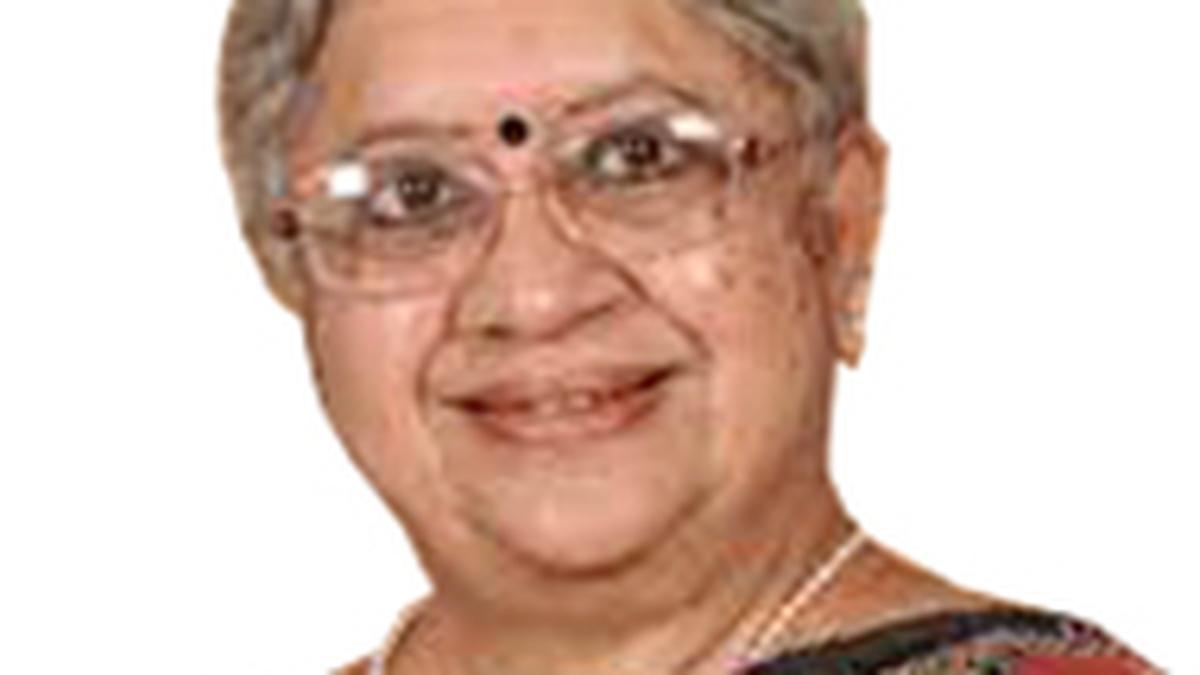The first decade of this century was critical for school education in India. Notably, the Union government launched the Sarva Shiksha Abhiyan programme, aimed at achieving universal elementary education, and Parliament enacted the Right to Education Act. Meanwhile, Tamil Nadu was experimenting with new initiatives, including introducing Montessori-inspired learning methods for primary students in the State’s public school system, and Samacheer Kalvi, an attempt to bring uniformity in standards of school education.
It was a great time to be on the education beat. Each of these initiatives, both at the national level as well as in the State, sparked debates on making education more accessible and better for all. They laid bare both the challenges within the public education system and the resistance from private schools to changes. They made clear the downside of hasty policy shifts without adequate groundwork, as well as the blatant class bias of private schools. There was a lot to learn every day, as we tried reporting on these crucial developments.
However, not all of us immediately grasped the full import of the policy changes. We regularly spoke to government officials, teachers, principals, students, and parents. Luckily, we were also exposed to several committed practitioners and activists, who were closely engaged in the unfolding shifts.
As a cub reporter covering school education, I was especially drawn to two of them: Professor V. Vasanthidevi, a former Vice-Chancellor and well-known activist, who passed away recently, and Dr. S.S. Rajagopalan, a retired headmaster who had decades of teaching and administrative experience. I would go to these senior activists and several others, including Aruna Rathnam, then an education specialist at UNICEF, and feminist scholar V. Geetha, for perspective.
Their positions stemmed from an unwavering commitment to social and economic justice. Their interventions sought to democratise education. They would painstakingly expose the inequalities and inequities within our education systems, offering grounded solutions to address those. Their views, along with generous pointers from colleagues who had been on the beat before me, shaped my political understanding of education. As senior activists with busy schedules, they were always willing to spare time and explain their ideas at length. I remember thinking “they must be great teachers.”
I recall Prof. Vasanthidevi’s involvement in an exercise on children’s learning outcomes — found to be very low — and her comprehensive analysis of the problem as one of resources, pedagogy, and home environment, and not merely a student’s “ability”, as is often claimed. With her persuasive argument in simple language, which zoomed into class inequality, and disparities of caste, gender, and geographic location, she tore apart the “meritocracy” argument.
Over the years my beats and location changed, but I was in touch with Prof. Vasanthidevi and Dr. SSR, as he is known. They, too, would check in from time to time or share feedback on a story. I last met Prof. Vasanthidevi in 2016 at her apartment in Chennai. This was for an interview when the Viduthalai Chiruthaigal Katchi fielded her in Dr. Radhakrishnan Nagar (R.K. Nagar) in north Chennai, against Chief Minister J. Jayalalithaa. Prof. Vasanthidevi seemed clear about her prospects in that election, but saw the campaign as an opportunity to interact with voters from the largely working-class locality, and highlight the neglect there. I asked about her own political beliefs and the factors that shaped them. She said, among other things, “Politicisation is such an important part of education.”
In a lifetime of activism, Prof. Vasanthidevi worked on a range of issues, and invariably circled back to the role of education for critical thought and change.
Published – August 15, 2025 01:36 am IST
